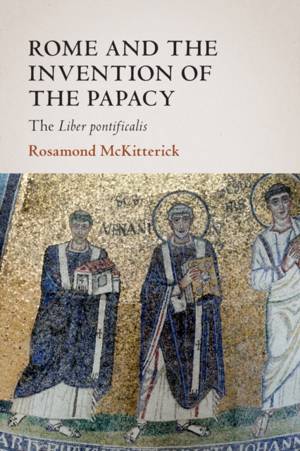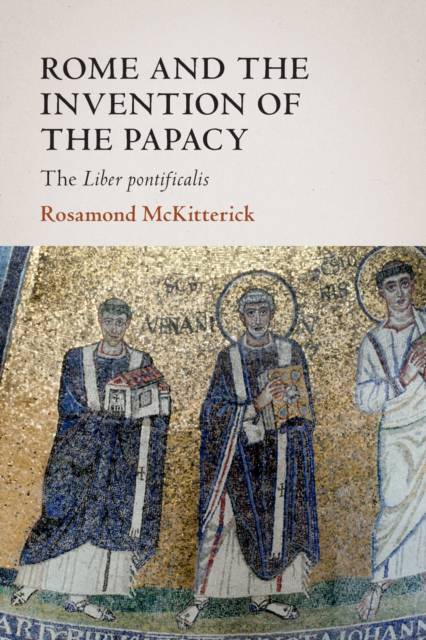
- Afhalen na 1 uur in een winkel met voorraad
- Gratis thuislevering in België vanaf € 30
- Ruim aanbod met 7 miljoen producten
- Afhalen na 1 uur in een winkel met voorraad
- Gratis thuislevering in België vanaf € 30
- Ruim aanbod met 7 miljoen producten
Zoeken
€ 28,95
+ 57 punten
Omschrijving
The remarkable, and permanently influential, papal history known as the Liber pontificalis shaped perceptions and the memory of Rome, the popes, and the many-layered past of both city and papacy within western Europe. Rosamond McKitterick offers a new analysis of this extraordinary combination of historical reconstruction, deliberate selection and political use of fiction, to illuminate the history of the early popes and their relationship with Rome. She examines the content, context, and transmission of the text, and the complex relationships between the reality, representation, and reception of authority that it reflects. The Liber pontificalis presented Rome as a holy city of Christian saints and martyrs, as the bishops of Rome established their visible power in buildings, and it articulated the popes' spiritual and ministerial role, accommodated within their Roman imperial inheritance. Drawing on wide-ranging and interdisciplinary international research, Rome and the Invention of the Papacy offers pioneering insights into the evolution of this extraordinary source, and its significance for the history of early medieval Europe.
Specificaties
Betrokkenen
- Auteur(s):
- Uitgeverij:
Inhoud
- Aantal bladzijden:
- 289
- Taal:
- Engels
- Reeks:
Eigenschappen
- Productcode (EAN):
- 9781108819237
- Verschijningsdatum:
- 2/03/2023
- Uitvoering:
- Paperback
- Formaat:
- Trade paperback (VS)
- Afmetingen:
- 152 mm x 229 mm
- Gewicht:
- 426 g

Alleen bij Standaard Boekhandel
+ 57 punten op je klantenkaart van Standaard Boekhandel
Beoordelingen
We publiceren alleen reviews die voldoen aan de voorwaarden voor reviews. Bekijk onze voorwaarden voor reviews.











